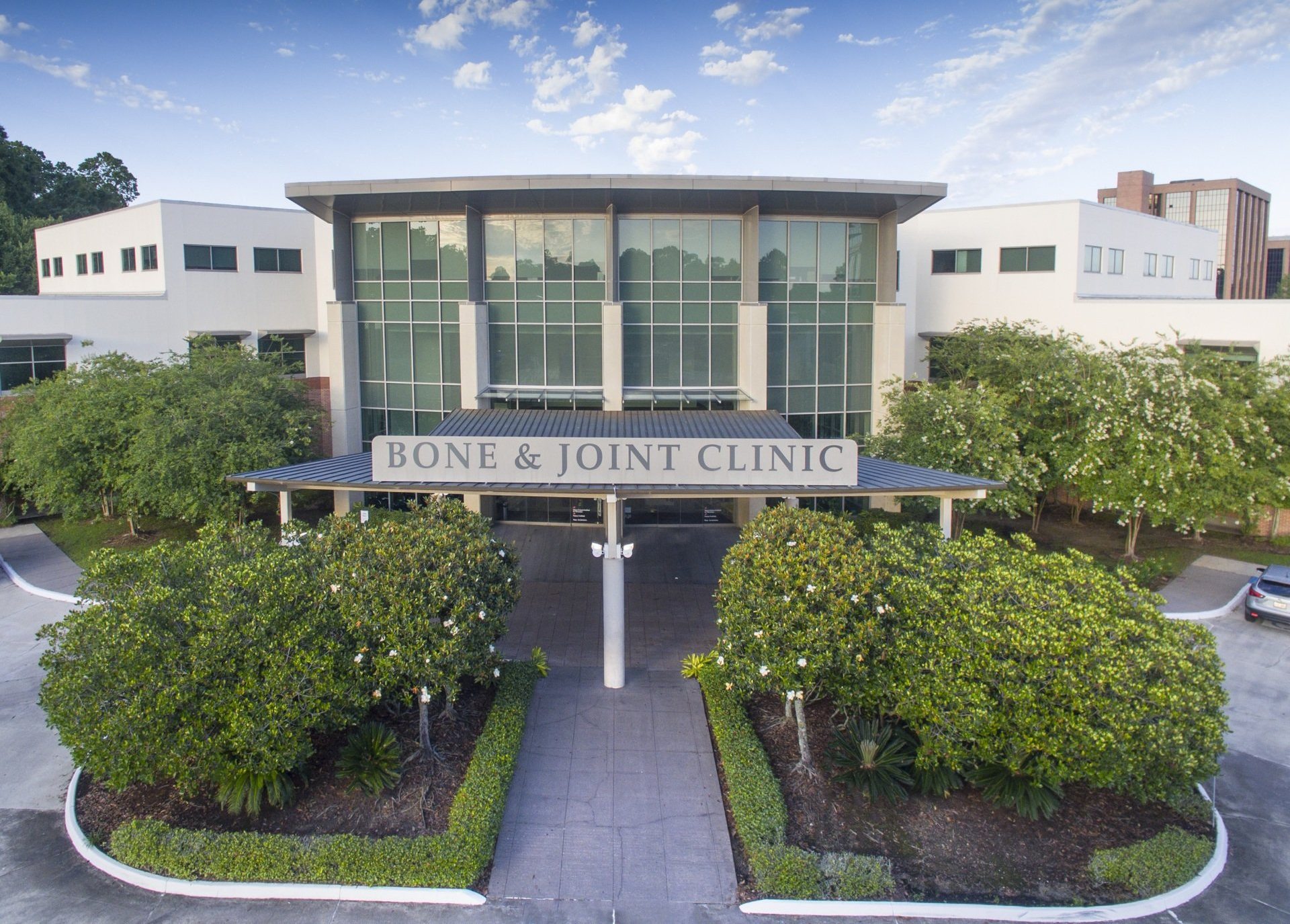You likely already know that osteoporosis is a bone-weakening disease that primarily strikes older women. You probably realize that having this condition makes patients more prone to falls and bone fractures. However, what you may not realize are just how many risk factors are associated with the condition beyond age. In fact, there are factors for osteoporosis that are in play from as early as childhood. And, while we may not be able to control all of them, there are certainly some steps you can take to mitigate your risk later in life.
Common Osteoporosis Risk Factors
The most common risk factors associated with osteoporosis are ones you may not be able to change but of which you should be aware. When considering patients who are most likely to develop the disease, common factors include:
- Age – Osteoporosis does not typically appear until later in life.
- Sex – Women are more likely than men to develop osteoporosis.
- Family History – Those with a history of osteoporosis in their immediate family are more likely to develop the condition themselves.
- Body Frame – Individuals with smaller body frames are more likely to suffer from osteoporosis. This is not the same as body weight.
- Race – Patients of Caucasian or Asian descent are most likely to develop osteoporosis.
Hormone Levels and Osteoporosis Risk
There are many hormones in the body, all of which serve distinct, important functions. A few of these hormones can even have a direct impact on bone density.
- Sex Hormones - Decreased levels of estrogen and testosterone can lead to the weakening of bones. In women, this typically occurs as a result of menopause and is among the most influential risk factors. In men, hormone levels drop more gradually and are generally less problematic in the development of osteoporosis.
- Thyroid Hormone – Too much thyroid hormone, either as the result of an overactive thyroid or from medication to treat underactive thyroid, can contribute to decreased bone mass.
Health Conditions and Osteoporosis Risk
Certain health conditions, as well as some of the medications to treat them, are known to increase a patient’s risk for the development of osteoporosis. These can include:
- Cancer
- Lupus
- Rheumatoid arthritis
- Multiple myeloma
- Liver disease
- Kidney disease
- Inflammatory bowel disease
Dietary Osteoporosis Risk Factors
There are recommended dietary values for calcium and vitamin D throughout all stages of life. Getting enough of these early establishes a base of strong, healthy bone that will help offset problems from decreased bone mass later. However, their importance does not end once we’ve reached adulthood. Continuing to get enough calcium and vitamin D throughout life will continue to help prevent bone loss.
Lifestyle Osteoporosis Risk Factors
In addition to the many factors above, there are some simple, lifestyle factors which can make a big difference in not only a patient’s osteoporosis risk, but in all areas of their health and wellbeing. For instance, leading a physically active life is key to keeping bones (and all parts of the body) strong and healthy. Contrarily, a sedentary lifestyle that is low on activity can actually speed up the process of bone loss.
Tobacco and excessive alcohol consumption are impactful as well, as there is a definite connection between these habits and osteoporosis. In fact, it is believed that smokers absorb less bone-supporting calcium than do non-smokers.
Preventing Osteoporosis
Understanding your risk for osteoporosis is the first step in prevention. Once you better understand the factors at play, you can take specific steps to help mitigate their impact on your bone health. In addition to making changes such as consuming more calcium and vitamin D or stopping smoking, it is important to have a skilled orthopedic physician in your corner as well. To get started with any of the great doctors at the Bone and Joint Clinic of Baton Rouge, click the button below.




